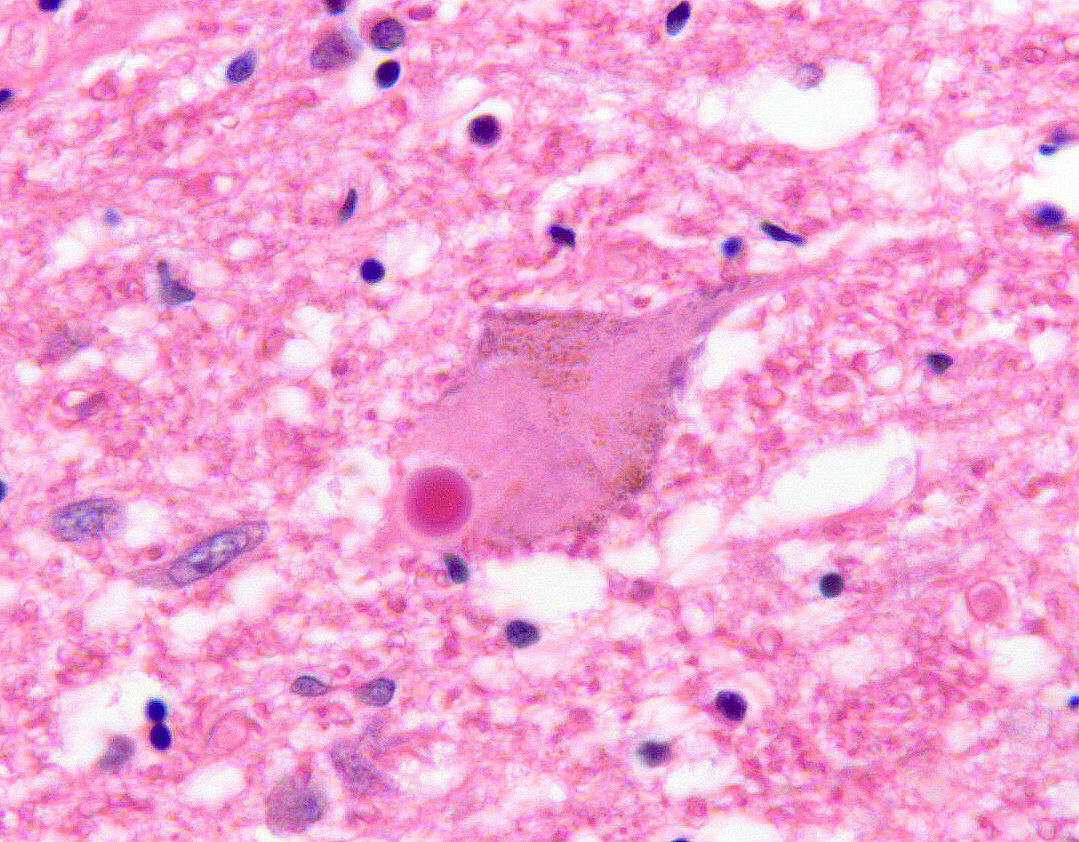
Brain UK study ref: 16/005,
Lay summary,
Project status: Closed
Consensus diagnostic criteria of a novel tauopathy associated with anti-IgLON5
Prof Tamas Revesz, University College London
In this disease degeneration of nerve cells takes place in parts of the brain, which are essential for maintaining fundamental functions such as sleep, respiration and movement. This is due to the accumulation of a protein, called tau in the form of insoluble filaments within nerve cells and their processes of specific brain and spinal cord areas. Interestingly in individuals with this disease an antibody can be identified in the blood, which is produced by the affected individual’s immune system (autoantibody) against a protein, called IgLON5, present on the surface of nerve cells.
Our project aims to establish the neuropathological diagnostic criteria of this novel, devastating neurological disease. At the UCL Institute of Neurology two such cases has so far been identified to have the post-mortem findings of anti-IgLON5 antibody-related tauopathy. We would like to use these two cases for this research.
Several neuropathologists working in three different European neuroscience centres met in September 2015 and agreed on the details of this project. The experts agreed using unified criteria for the neuropathological study and the comparison of the six cases, which are currently available in the three European centres.
We expect that this project will allow us to propose neuropathological diagnostic criteria of this novel disease, which can be validated in the future. We wish to publicise our findings for the wider neuropathologist community in the form of a scientific paper.
